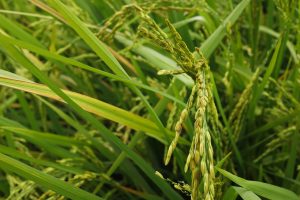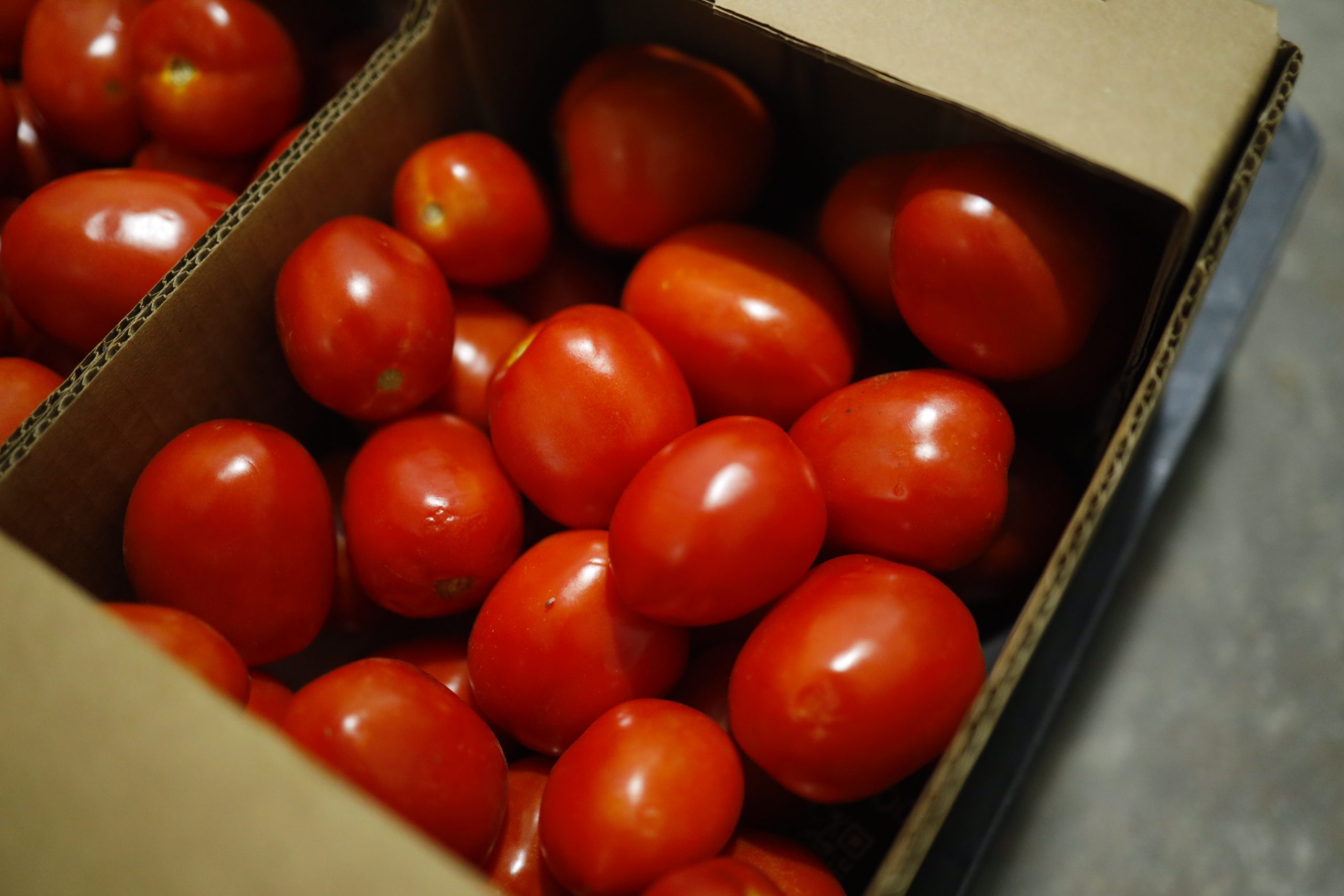Africa’s agri-food systems stand at a critical crossroads. With a population projected to surpass 2.5 billion by the year 2050, the continent faces mounting pressure to ensure food and nutrition security, create jobs, and build climate-resilient economies. Yet, too often, agricultural policies are developed and implemented without sufficient evidence, leading to incoherent policies, inefficiencies, unintended consequences, and missed opportunities. The stakes are too high for decisions to be made on guesswork. Research-based policymaking is no longer a luxury; it is a necessity for Africa’s transformation.
CAADP’s Legacy: A Continental Framework for Evidence-Driven Growth

At the heart of this effort is the Comprehensive Africa Agricultural Development Programme (CAADP), a flagship African Union initiative designed to achieve agricultural growth and food security by promoting evidence-driven strategies. For over two decades, CAADP has championed investments in research and innovation, and achieving its ambitious goals requires equipping African scientists with the tools to generate actionable insights and ensure that agricultural policies are informed by data, not assumptions. This is where initiatives like the Strengthening Evidence-Based Policy Practice for Sustainable Food Systems (StEPPFoS) project become important. Funded by the European Union StEPPFoS (coordinated by FARA), aims to bridge the gap between policy and practice in a way that addresses Africa’s unique agricultural and nutritional challenges.
Through partnerships with the European Commission’s Joint Research Centre, and 16 partner organisations and the Association of Commonwealth Universities (ACU), StEPPFoS is working to strengthen the technical capacities of Africa’s researchers in policy analysis and provision of technical support to decision making in the agricultural sector of Africa, particularly those in the Pan-African Network for Economic Analysis of Policies (PANAP) Network. PANAP serves as a hub for African researchers to analyse the socio-economic impacts of agricultural and food system policies, providing policymakers with evidence that can guide investments and reforms.
DEMETRA Training: Equipping Researchers with Advanced Modelling Tools
A striking example of this commitment to capacity building is the 2025 DEMETRA Modelling Training Workshop, held in Kigali, Rwanda, in June 2025. Twenty-three agri-food researchers from across the continent gathered to deepen their understanding of the Dynamic Equilibrium Model for Economic Development, Resources, and Agriculture (DEMETRA), a cutting-edge tool developed by the European Commission’s Joint Research Centre. DEMETRA is designed to simulate the ripple effects of policy decisions or shocks, such as changes in trade policies or climate events, on national economies, food systems, and livelihoods. What made this training stand out was its practicality. Participants worked in small groups to apply the DEMETRA Computable General Equilibrium model to real-world policy scenarios. This hands-on approach moved beyond theory, empowering participants to see how their analyses could influence actual policy decisions. The workshop not only improved their modelling skills but also fostered a community of practice where African researchers can collaborate and exchange ideas to drive food systems transformation.
Investments in initiatives like StEPPFoS and networks like PANAP demonstrate a shift toward empowering African expertise. For too long, the continent has relied heavily on external analyses to inform agricultural policy, but the future depends on building homegrown capacity to generate relevant, context-specific insights. By training African researchers to master advanced modelling tools like DEMETRA, these initiatives are laying the foundation for evidence-based policymaking that reflects Africa’s realities.
Toward a Food-Secure Africa: Strengthening the Research-Policy Interface
As countries work toward achieving Kampala CAADP’s vision of a food-secure and prosperous Africa, strengthening the research-policy interface is critical. This means expanding and strengthening platforms like PANAP, sustaining long-term investments in agricultural research, and fostering closer collaboration between scientists and decision-makers. Africa’s transformation will not be driven solely by political will or financial investment; it will require robust evidence to guide every step.
Op-Ed By: Dr. Kwaku Antwi, Cluster lead, Research Policy and Investments, FARA and Daniel Obloni Kweitsu, Communications Expert, FARA






Leave A Comment